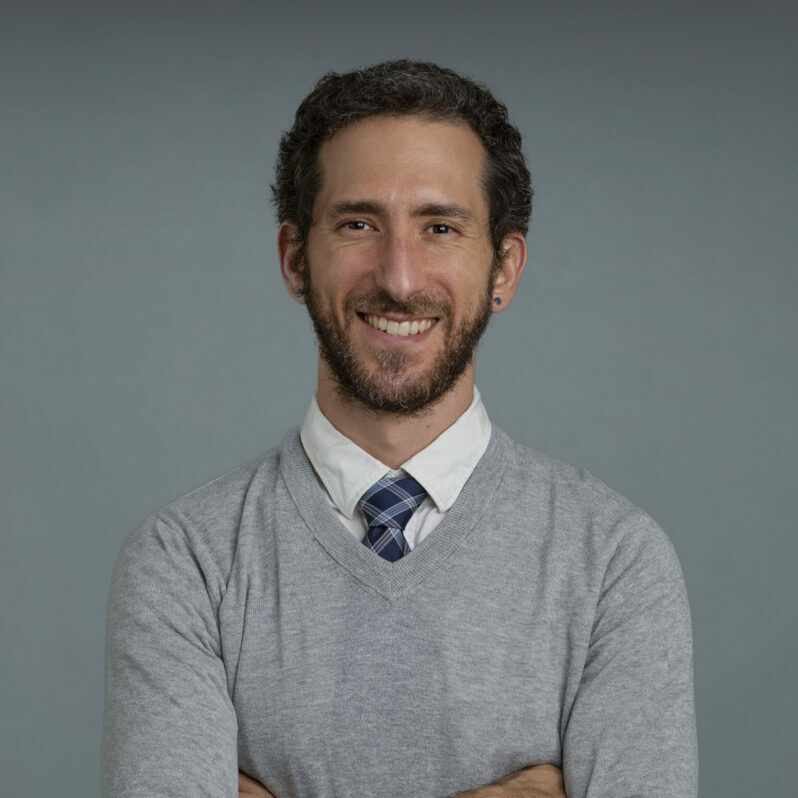Brendan Parent, JD, is director of transplant ethics and policy research, and assistant professor of bioethics in the division of medical ethics with joint appointment in surgery at NYU Grossman School of Medicine. He is PI on nonprofit and government funded grants studying ethics and regulation of transplant research. Parent serves as an independent living donor advocate, an advisory board member for the National Kidney Foundation, and a member of the national donation leadership council for The Alliance. He provides ethics consultation for transplant programs across the United States. Parent’s current work also focuses on ethics of determination of death by neurologic criteria, crisis resource allocation, and big data and artificial intelligence in health research. He has published academic articles in peer reviewed journals spanning law, medicine, science, sports, and ethics, and his work has been featured in the Washington Post, The NY Times, Wired, Chicago Tribune, The Guardian, and on NPR. Previously, he was a legal fellow for the New York Task Force on Life and the Law, the first Rudin Post-Doc in the NYU Division of Medical Ethics, and received his JD from Georgetown University Law Center.
Setting Up an NRP Program: From Ethics to Education
The Alliance Conversation Series brings you cost-free, fast-paced collaborative opportunities that highlight successful donation and transplantation practices across the country. Through shared insight, multidisciplinary experts identify solutions to critical challenges affecting the community of practice and actively share them for open discussion and broader knowledge of effective practices.
The sessions encourage real-time feedback and participation from viewers.
Overview: The use of NRP during DCD organ recovery leads to increased organ utilization and improved transplant outcomes compared with conventional organ recovery. Artificial circulation through a mechanical circulatory device (ECMO) is initiated to perfuse the organs during recovery. This technique allows for the assessment of organ function and viability for subsequent transplantation. The overall advantage of NRP is that organs previously not utilized can now be utilized for transplantation, allowing for improved stewardship of the gift from the donor and their family and providing hope for those in need of a life-saving transplant.
As with many new approaches or procedures in medicine, NRP comes with legal and ethical considerations, clinical considerations, as well as operational considerations. In this session, you will hear from industry experts as we explore the challenges and successful strategies learned during the process of setting up an NRP Organ Recovery Program.
Our panel discussion will include:
- How do you talk to/work with your hospital Ethics team in understanding NRP?
- What research and supportive industry statements are available to reference?
- What is being done to standardize the TA-NRP recovery process in the industry?
- What are the outcomes and potential allocation impact considerations of NRP?
- What steps can be taken to ensure communication and collaboration in preparation for NRP?







